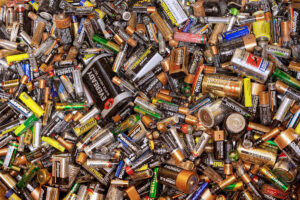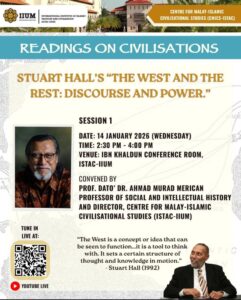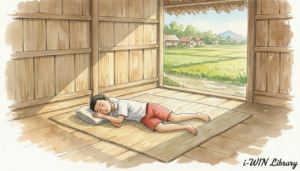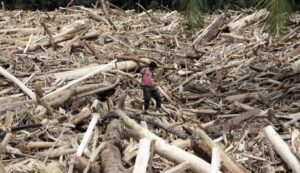The Islamic Revolution of Iran and the New Environmental Discourse
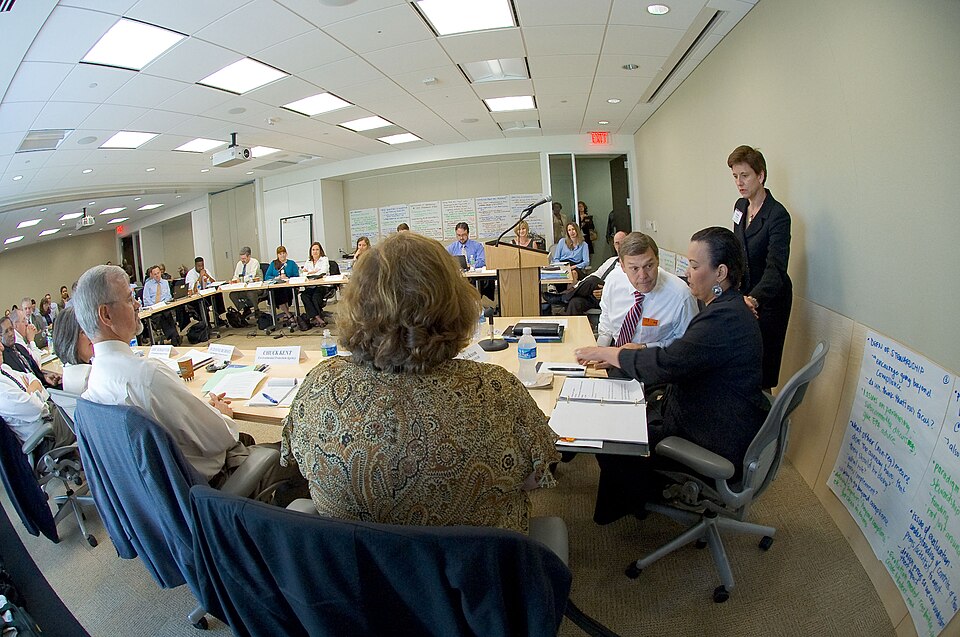
Author (s) : Ghulam Haidar Rezaei
Institution : Ph.D. in Criminology Law Al Mustafa International University, Qom, Iran
Category : Article, IJMMU
Topics : Environment; Global Environmental Discourses; Environmental Discourse of the Islamic Revolution
Environmental crises are one of the greatest challenges facing humanity in this century. The severity of environmental crises, on the one hand, has forced world leaders to react and make environmental protection a priority in their national and international programs. On the other hand, it has forced environmental Scientists to think of solutions and find scientific solutions for environmental protection, which has led to the creation of numerous discourses for environmental protection. These discourses show the mental, scientific and practical atmosphere prevailing among social and political players in the environmental field. At the same time, they provide legislators and policymakers with a broad and historical perspective on environmental policy-making, enabling them to play a more effective and useful role in the future of environmental policy-making by looking to the past. This research, which was conducted using a descriptive-analytical method, shows that among all global discourses, the environmental discourse of the Islamic Revolution, which was developed and expanded by the leaders, scholars, and experts supporting the revolution, is more effective in preserving the environment and confronting environmental challenges, and therefore this discourse must be developed and expanded in order to contain environmental crises.
Article can be downloaded here >> https://ijmmu.com/index.php/ijmmu/article/view/6887/5514



